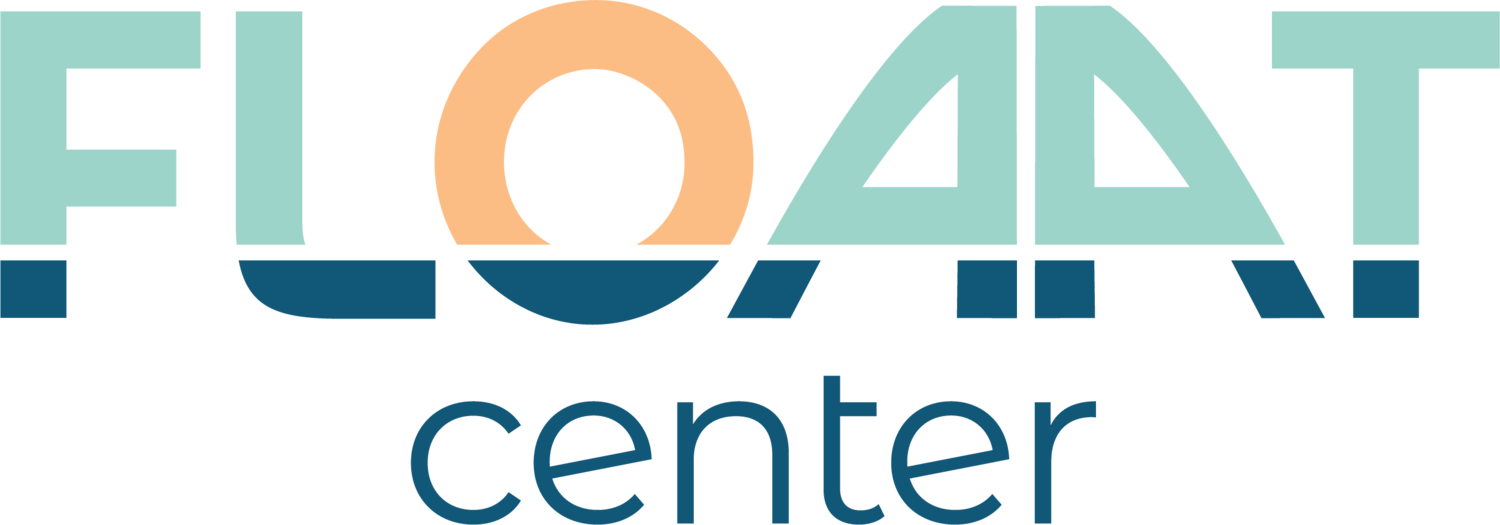ADHD and Executive Dysfunction: Why Just Trying Harder Doesn’t Work
Author: Mokshvi Shah, BS Northeastern University Student
Published: June 2025
If you have ADHD or love someone who does you’ve probably heard it all before:
“You just need to focus.”
“You’d be fine if you planned better.”
“Stop procrastinating and try harder!”
These well-meaning suggestions might sound helpful on the surface, but they miss the core issue: ADHD isn’t a motivation problem or a matter of willpower. It’s a neurodevelopmental condition rooted in differences in brain function, especially in an area called executive functioning.
What Is Executive Functioning?
Executive functioning is like the brain’s management system. It helps us:
Start tasks
Stay focused
Organize information
Manage time
Regulate emotions
Follow through on plans
For someone with ADHD, this internal management system doesn't operate smoothly. It’s not that they don’t want to do the things they often desperately do, it’s that their brain struggles to bridge the gap between intention and action.
ADHD and Executive Dysfunction: The Disconnect
Executive dysfunction can look like:
Sitting at your desk for hours and still not starting the assignment
Constantly losing track of time or missing deadlines
Feeling overwhelmed by multi-step tasks, even simple ones
Struggling with transitions or switching focus
Emotional outbursts or shutdowns in response to minor stress
This isn’t laziness. It’s not a lack of intelligence. And it’s definitely not a character flaw.
In fact, many people with ADHD are highly creative, passionate, and driven, yet still struggle to keep up with everyday responsibilities. That disconnect between potential and performance can lead to deep feelings of shame, burnout, and low self-esteem.
Why “Trying Harder” Doesn’t Help
Imagine asking someone with a broken leg to run faster. Or telling someone with glasses to see better without them. It sounds unreasonable, right? That’s exactly how it feels when someone with ADHD is told to just "try harder." It ignores the neurological reality and places the burden of success solely on effort, when the real issue lies in the brain’s ability to manage effort in the first place. Instead of shame-based solutions, people with ADHD benefit most from strategic support, compassion, and tools that work with their brain, not against it.
What Actually Helps?
Structure & External Supports
Systems like calendars, reminders, visual schedules, and checklists can help offset executive dysfunction.Breaking Tasks Down
Large tasks become manageable when broken into bite-sized steps with clear starting points.Body Doubling
Working alongside someone else (even virtually) can increase accountability and momentum.Medication
For many, stimulant or non-stimulant medications can help regulate attention and impulse control.
Therapy & Coaching
ADHD-informed therapy and coaching can provide emotional support, behavioral strategies, and a judgment-free space to figure out what works best for you.
